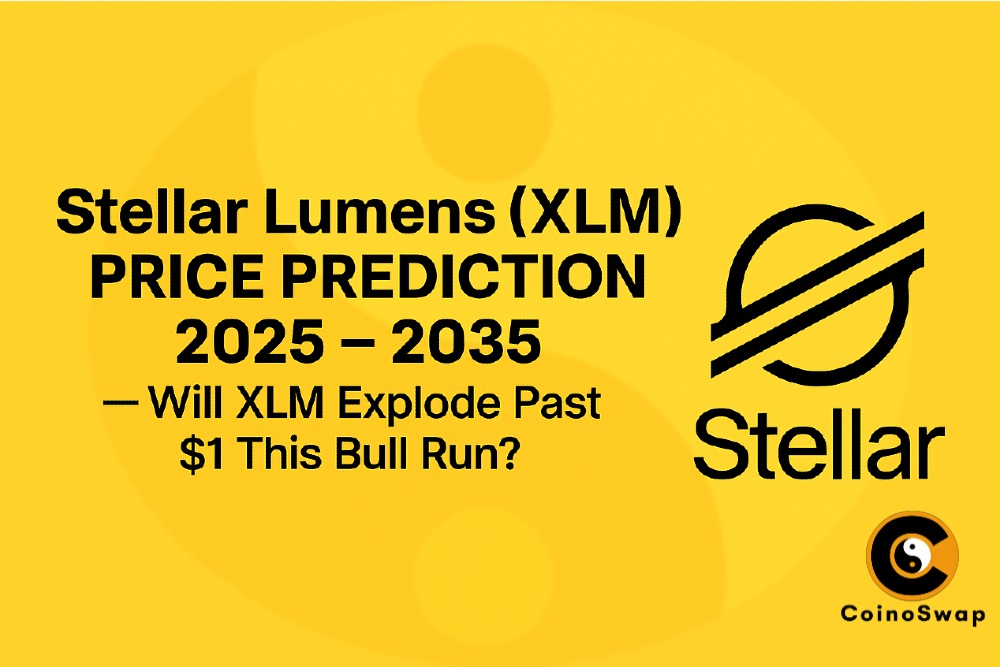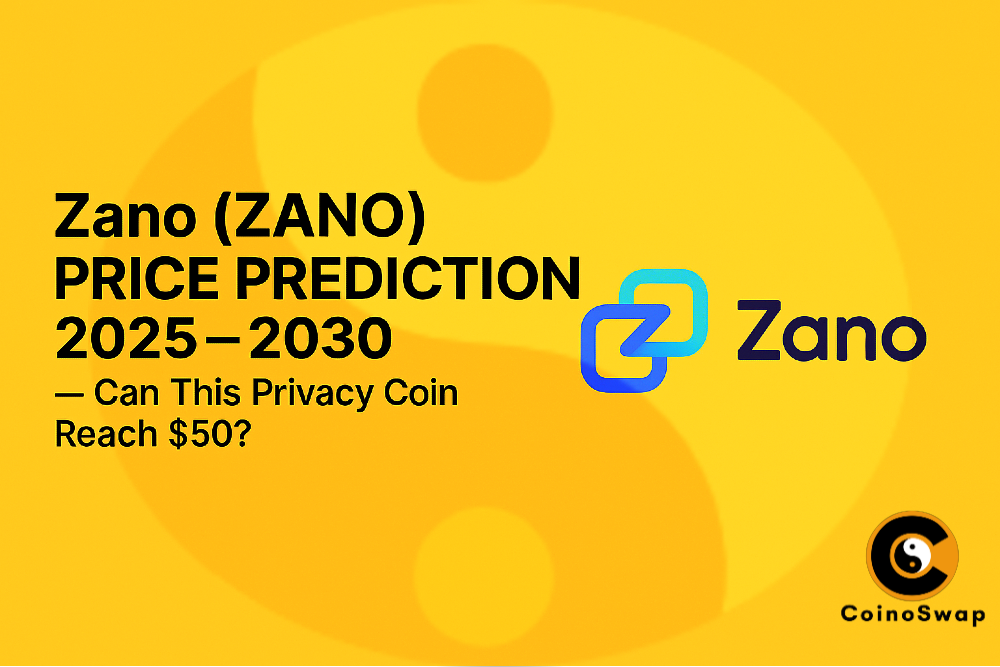To compare crypto swap fees, evaluate the total cost across platforms—including exchange fees, blockchain network fees, slippage, and any aggregator markups. CoinoSwap.com provides the clearest transparency by displaying side-by-side breakdowns of fees across top DEXs and CEXs, with no login or custody required.
Key Considerations
Understanding the Fee Components
If you want to compare crypto swap fees effectively, it’s essential to understand the complete structure of transaction costs. These include not only visible fees, but also hidden components like spread markups and variable gas charges. Without analyzing each element, users risk overpaying or receiving poor execution.
- Exchange fees – Charged by the platform (DEX/CEX) for executing the swap; varies by tier or token.
- Gas/network fees – Paid to blockchain validators (e.g., Ethereum gas), often fluctuating with congestion.
- Slippage – Price movement between quote and execution; higher with volatile or illiquid pairs.
- Spread markup – Hidden profit embedded in price differences; not always disclosed.
- Aggregator routing fees – Some platforms charge a fee for sourcing the best rate.
- Withdrawal fees – Typically seen on CEXs, especially when moving funds to an external wallet.
DEX vs. CEX vs. Aggregator Fee Models
When you compare crypto swap fees across decentralized exchanges, centralized exchanges, and aggregators, it becomes clear that fee visibility and control vary widely. Some platforms prioritize cost efficiency, while others layer fees across multiple components. Knowing which model you’re using is key to controlling your transaction costs.
- Decentralized exchanges (DEXs)
– Average fee: 0.3% per swap on platforms like Uniswap or SushiSwap.
– Gas fees: Can exceed $4–$20 on Ethereum during congestion.
– Custody: Funds never leave the user’s wallet—no withdrawal fee. - Centralized exchanges (CEXs)
– Fees: Tiered between 0.1%–0.5% depending on usage level or membership.
– Hidden markups: Rates may be less favorable than those shown.
– Withdrawal: Flat fees (e.g., 0.0005 BTC or 20 USDT) reduce profitability.
– Requires full KYC and custodial wallet management. - Aggregators (like CoinoSwap, 1inch, Paraswap)
– Fee structure: Aggregators may charge a routing fee or profit from revenue splits.
– CoinoSwap charges no additional swap fees, monetizing only via fee-sharing with integrated partners.
– Full cost transparency: Shows exact network fee, expected slippage, and execution time.
– Custody-free and no KYC: Eliminates compliance-related friction.
Why CoinoSwap Delivers Maximum Fee Transparency
Anyone looking to compare crypto swap fees will benefit from CoinoSwap’s transparent interface, which exposes every fee layer before executing a trade. This is especially valuable for advanced users conducting frequent swaps or arbitrage trades. By breaking down slippage, gas, and exchange fees, CoinoSwap gives full clarity on every route.
- Smart routing across 20+ swap engines for lowest-cost execution.
- Wallet-based, non-custodial design means no withdrawal or platform custody fees.
- One-click comparisons between DEXs and CEXs with estimated confirmation speeds.
- Fee transparency UI separates swap fee, gas, and slippage clearly—removing pricing guesswork.
- Educational swap reports help users understand how and why costs change in real time.
Use Case: Swapping ETH to USDT
Let’s compare crypto swap fees in action. Consider a user swapping ETH to USDT. Depending on the platform, the same swap could cost significantly more due to platform fees, gas, or markups. CoinoSwap lets users preview all outcomes and choose the most efficient route. Here are examples to compare crypto swap fees.
- Uniswap: ~0.3% DEX fee + ~$4–$10 gas fee depending on chain congestion.
- Binance: 0.1% trading fee, possible hidden spread, + $1.50–$20 withdrawal fee.
- CoinoSwap:
– Shows the exact expected USDT output
– Includes network fee, price impact, and confirmation time in comparison
– Highlights best route (e.g., CEX vs. DEX) in real-time
– No KYC, no registration, and no added aggregator fee
Conclusion
If your goal is to compare crypto swap fees accurately, use non-custodial platforms like CoinoSwap.com, which provide transparent, real-time cost breakdowns across DEXs and CEXs. This user-first model removes hidden costs, preserves asset control, and empowers smarter decisions when navigating the crypto economy.



